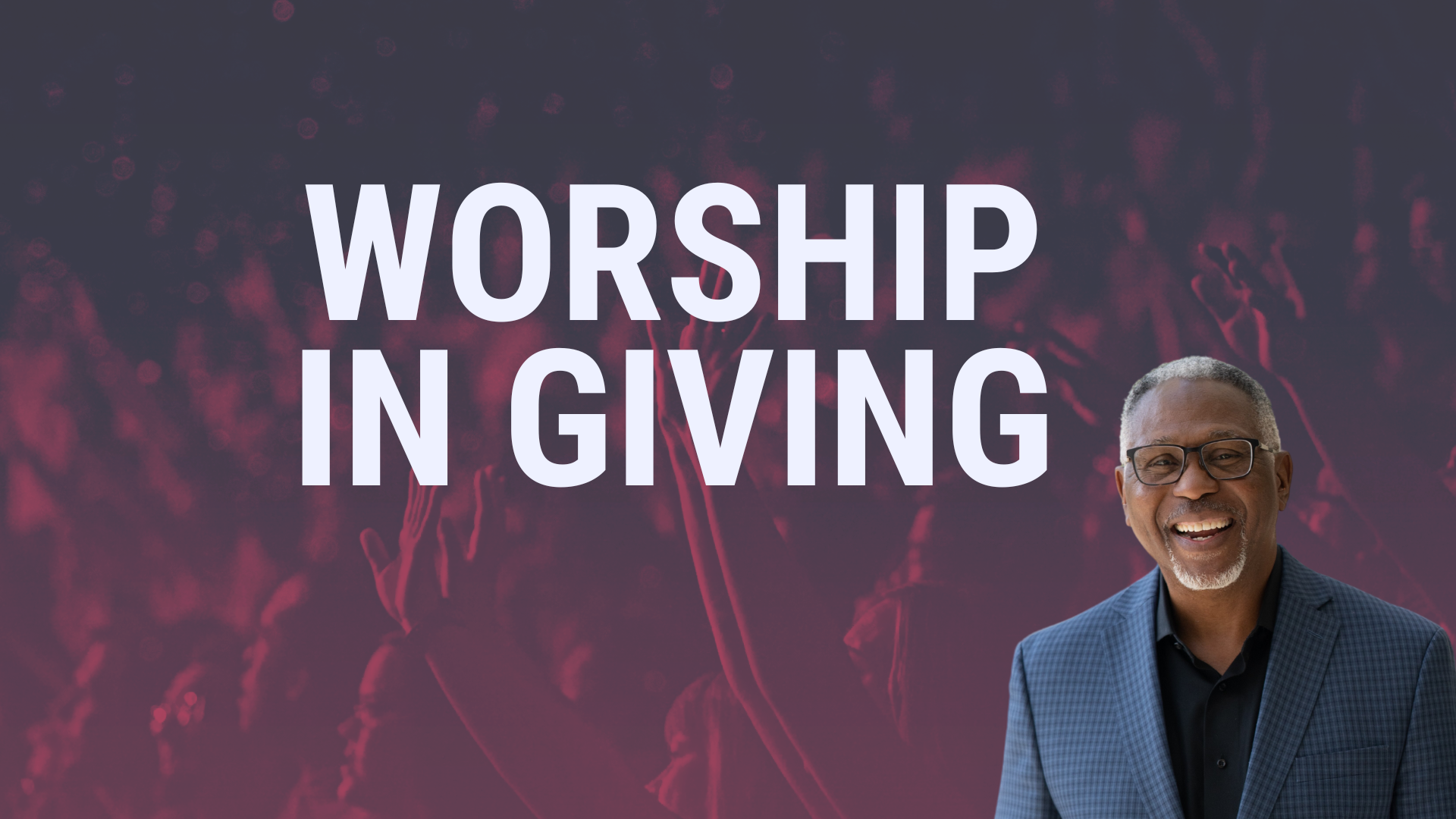
Worship in Giving
September 7, 2025
Dr. Paul Cannings
Talking about giving to God is rarely a popular subject—and I’ve often wondered why. The heart of the issue comes down to a single question: How can people who rely completely on God for everything not want to thank Him—for sustaining them, protecting them, and granting them eternal life?
- Oswald Sanders put it well when he said, “The basic question is not how much of our money we should give to God, but how much of God’s money we should keep for ourselves.”
This leads to another question I’ve often pondered: What can we actually give to God?
The truth is, we can’t give God anything He doesn’t already own. As James 1:17 reminds us, “Every good thing bestowed and every perfect gift is from above, coming down from the Father of lights, with whom there is no variation or shifting shadow.” Everything we have is already His.
So what does our giving really mean? Our offering is simply our way of saying thank You—thank You for providing, for blessing, and for allowing us to keep the other ninety percent. 2 Corinthians 9:10–15 shows us that our generosity reflects our gratitude, not our obligation.
As one anonymous quote puts it, “We need to get God off the charity list and put Him on the payroll.” Or more pointedly, “A lot of people are willing to give God credit, but not many are willing to give Him cash.”
R.T. Kendall, former minister of Westminster Chapel in London, shared a powerful personal story. Not long after he and his wife were married, they found themselves deep in debt. Tithing felt out of reach. Some of the debt was unavoidable; some was due to poor choices. At the time, Kendall was working in a secular job. One particularly discouraging day, he came home and collapsed in despair.
On the dining room table lay a large white Bible—a gift from his grandmother. He opened it at random and read the convicting words: “Will a man rob God?” (Malachi 3:8). Uncomfortable with what he read, he closed the Bible and turned on the television—which he still hadn’t finished paying for.
He knew what God was asking him to do: start tithing. But he delayed, and things only got worse. “Even though my wife and I were both working,” he said, “paying our bills felt like dipping a cup into an ocean of debt.”
Eventually, they made a choice: to give God the first ten percent—right off the top. Tithing became their first priority. With the remaining ninety percent, they paid their bills. It didn’t solve everything overnight, but within two years, they were completely debt-free. “And those days,” Kendall wrote, “became the happiest we have known.”
“Honor the Lord with your wealth, and from the first of all your produce; so your barns will be filled with plenty, and your vats will overflow with new wine.” (Proverbs 3:9–10)





